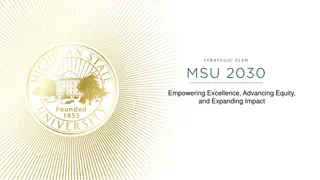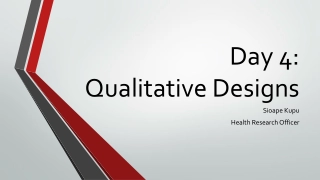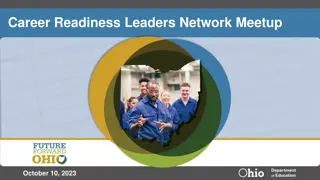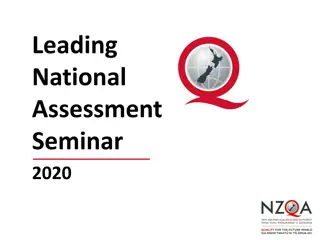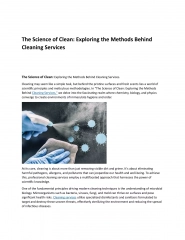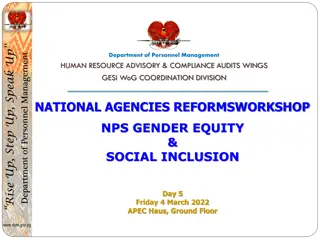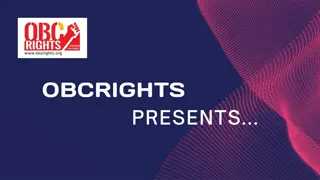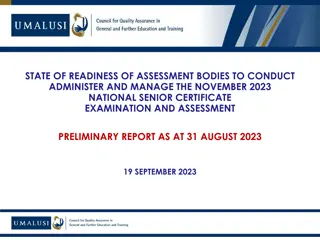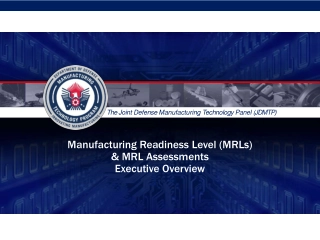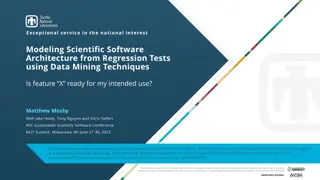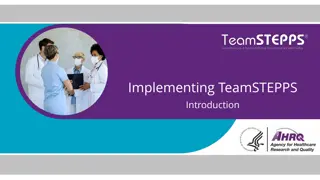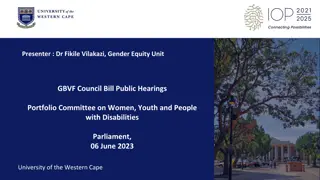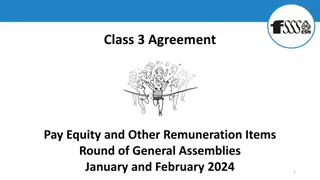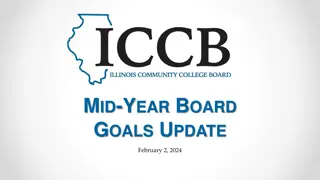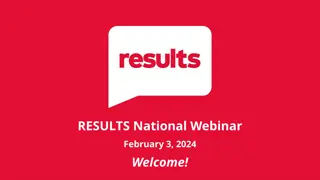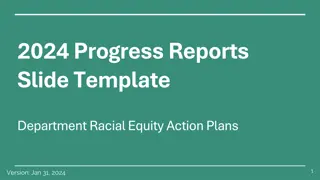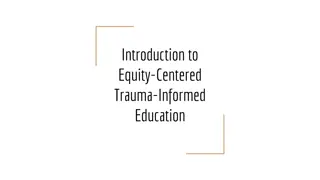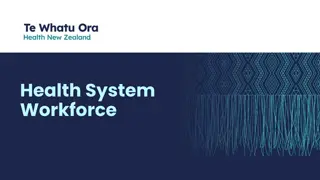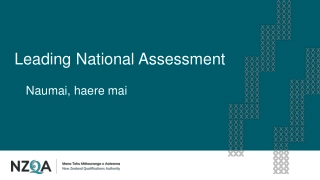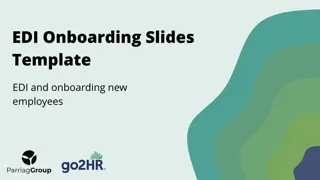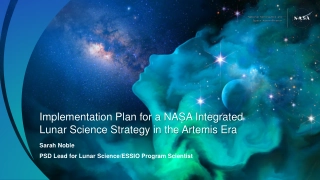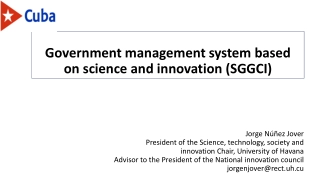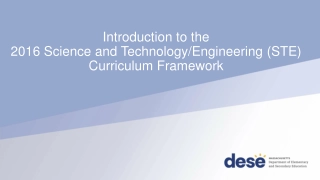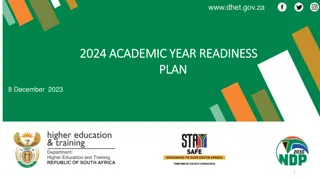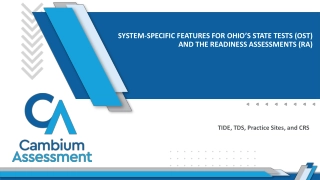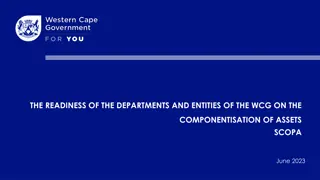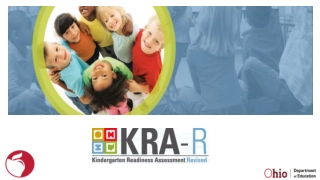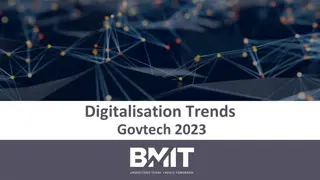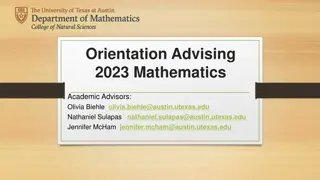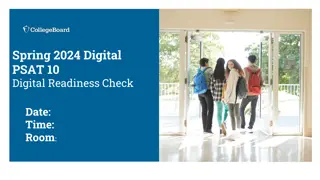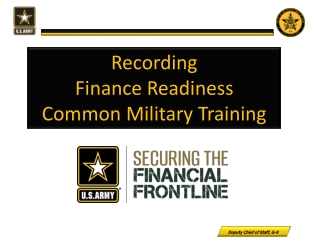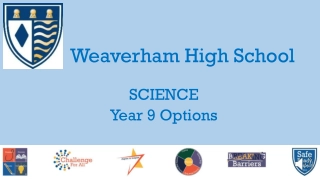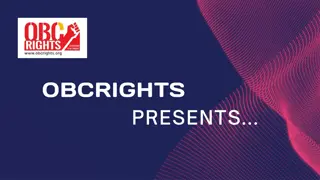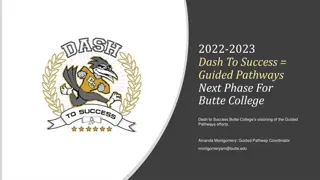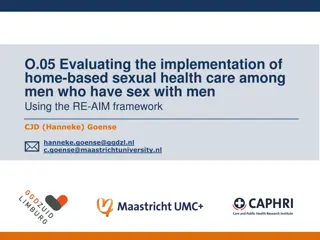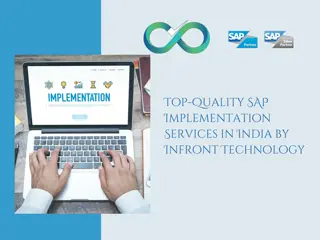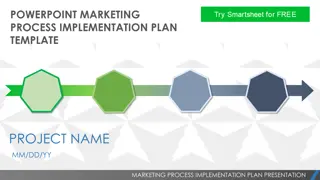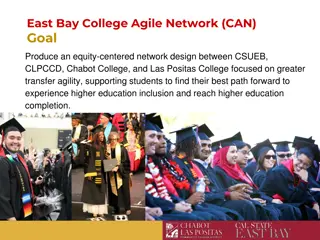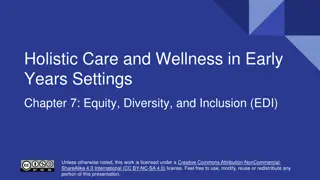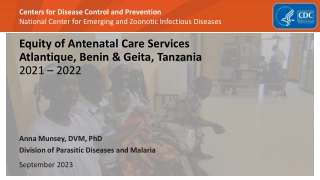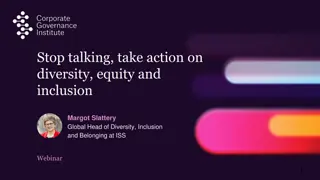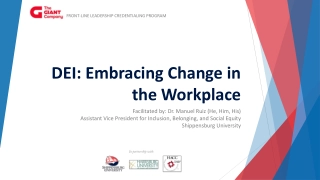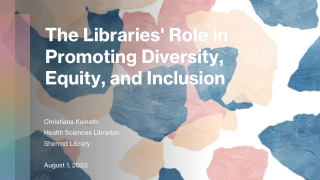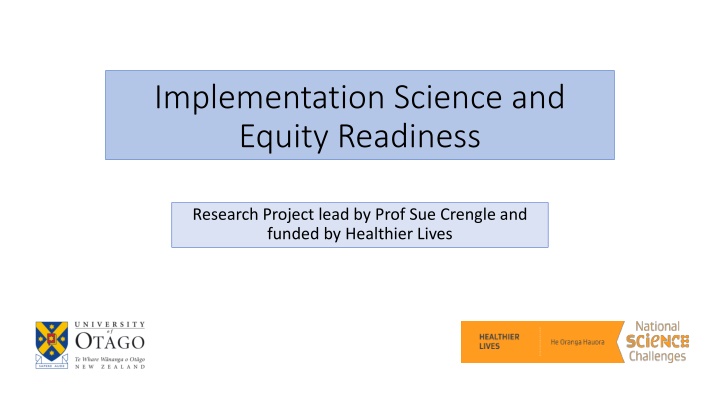
Implementation Science and Equity Readiness
This research project focuses on implementing an equity-focused framework and assessment tool for effective health interventions, with a specific focus on reducing health inequities. The project aims to improve health outcomes for marginalized groups by addressing barriers in implementation and promoting equity.
Uploaded on | 14 Views
- health implementation
- health equity
- assessment tool
- research project
- marginalized groups
- health interventions
- health outcomes
Implementation Science and Equity Readiness
PowerPoint presentation about 'Implementation Science and Equity Readiness'. This presentation describes the topic on This research project focuses on implementing an equity-focused framework and assessment tool for effective health interventions, with a specific focus on reducing health inequities. The project aims to improve health outcomes for marginalized groups by addressing barriers in implementation and promoting equity.. Download this presentation absolutely free.
Presentation Transcript
Implementation Science and Equity Readiness Research Project lead by Prof Sue Crengle and funded by Healthier Lives
Health inequity and implementation science Health inequity: differences in health between groups of people that are unnecessary, avoidable, unfair and unjust Groups may be defined socially, economically, demographically, geographically In Aotearoa, persistent health inequities for M ori, Pacific peoples and other minoritised groups Implementation of interventions/practices/programmes/services i.e. vaccination programme, cancer screening has improved health outcomes, but not always equal benefits for every group => Inequities in implementation can worsen health outcomes Many influence implementation success, e.g.: Culturally appropriate and culturally safe Resources, e.g. funding, staff Knowledge/skills of staff Accessibility and availability of the intervention Implementation science: scientific study of methods to promote the systematic uptake of research findings and other evidence-based practices into routine practice (Eccles, 2006) => An approach to reduce/prevent inequities
The research project: Assessing the application of an equity readiness assessment tool and an equity focused implementation science framework in a Lung Cancer Screening intervention PHASE 1 PHASE 2 Equity-focused implementation framework Literature review Test the framework and tool in implementation of a lung cancer screening intervention Stakeholder and researcher interviews Equity Readiness Assessment Tool Workshops with K hui and consumer advisors Theory of change
Phase 1 Outputs This is a two phase project funded by Healthier Lives. Phase 1 is now completed and this phase has produced two main outputs which are ready for testing as an addition to the the Lung Cancer Screening trial currently underway: 1. Equity-focused implementation framework (in the process of being written up for publication) 2. Equity Readiness Tool for use before intervention implementation (described on next slide)
Phase 1 Output Equity Readiness Assessment Tool Step 1 Each team member completes questions on Motivation for the intervention Intervention specific capacity Organisational capacity Step 2 Team discussion following the below guideline EQUITY READINESS ASSESSMENT TOOL Principles of Equity Readiness Discussion Questions Discuss team members responses to sections 1-3. Where responses differ, discuss why that might be. 1) Equity Readiness isn t one thing; it is combination of motivation, intervention-specific capacity, and organisational capacity How confident are you that the implementation of the intervention will achieve equitable outcomes? What are the three strengths of your organisation that will support this intervention implementation? 2) Equity Readiness can change over time Which are the three greatest challenge for implementation? 3) Equity Readiness is important throughout implementation Out of the challenges, which one is the greatest? Which areas do you think would be most important to address early on in your project? 4) Equity Readiness is intervention-specific Where would more information be helpful? How can you get this information? 5) Equity Readiness can vary across levels of implementation Where can you make a start in further building your equity readiness? Who will champion, lead and coordinate this work? 6) Equity Readiness can be built
Project Advisory Group Made up of two important groups with various backgrounds K hui Group Consumer Advisory Group These groups meet together with members of the Research Team approx. every two months to discuss progress and get input into various aspects of the research project The Advisory Group is a key part of the co-design process for this project
What we are asking of the Consumer Groups? We are looking for 5 more representatives on the Project Consumer Group to help guide the development and refinement of the framework and ERAT as we test them through the trial phase in lung cancer screening. Time Commitment Phase 2 approx. May 2023 June 2024 2 hour meeting every 2-3 months depending on research activity and required advisory group input Each meeting a $50 prezzy card will be given to thank you for your important contribution to our project Between meetings there may also be occasional email communications from the research team
Next steps We can answer any questions you may have We will take expressions of interest We will distribute the Terms of Reference to those interested We will really appreciate your contribution to this important work FOR FURTHER INFO PLEASE DO NOT HESITATE TO CONTACT US Michelle - michelle.lambert@otago.ac.nz Karen - Karen.Bartholomew@waitematadhb.govt.nz

